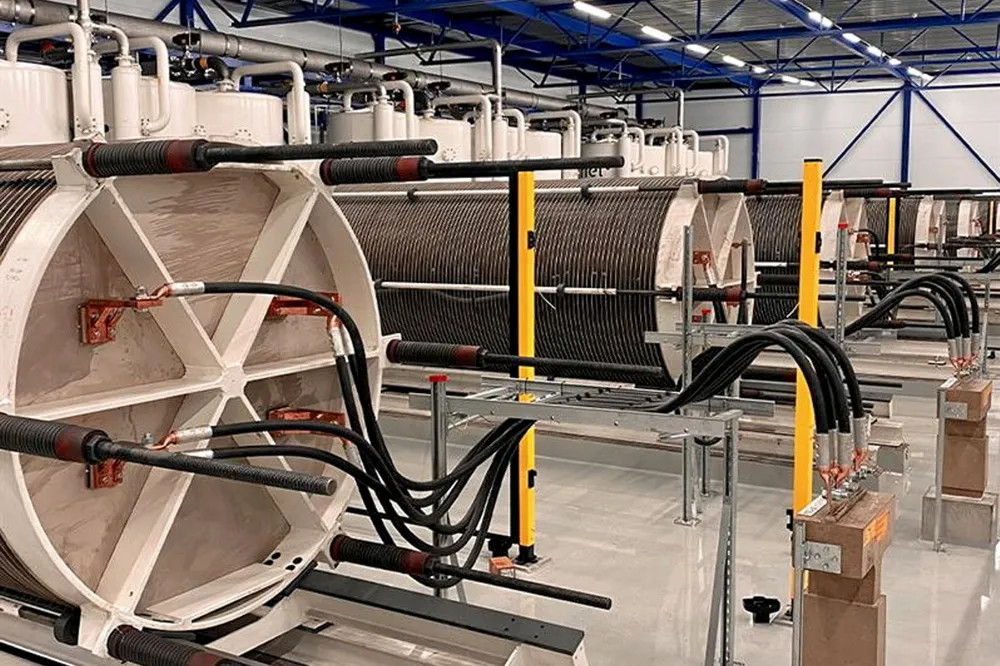Sweden's largest electrolyser project inaugurated to produce hydrogen for green steelmaking
Ovako’s facility in Hofors will use renewable H2 for industrial heat rather than direct iron reduction, in bid to decarbonise downstream steel processing

Ovako’s facility in Hofors will use renewable H2 for industrial heat rather than direct iron reduction, in bid to decarbonise downstream steel processing
